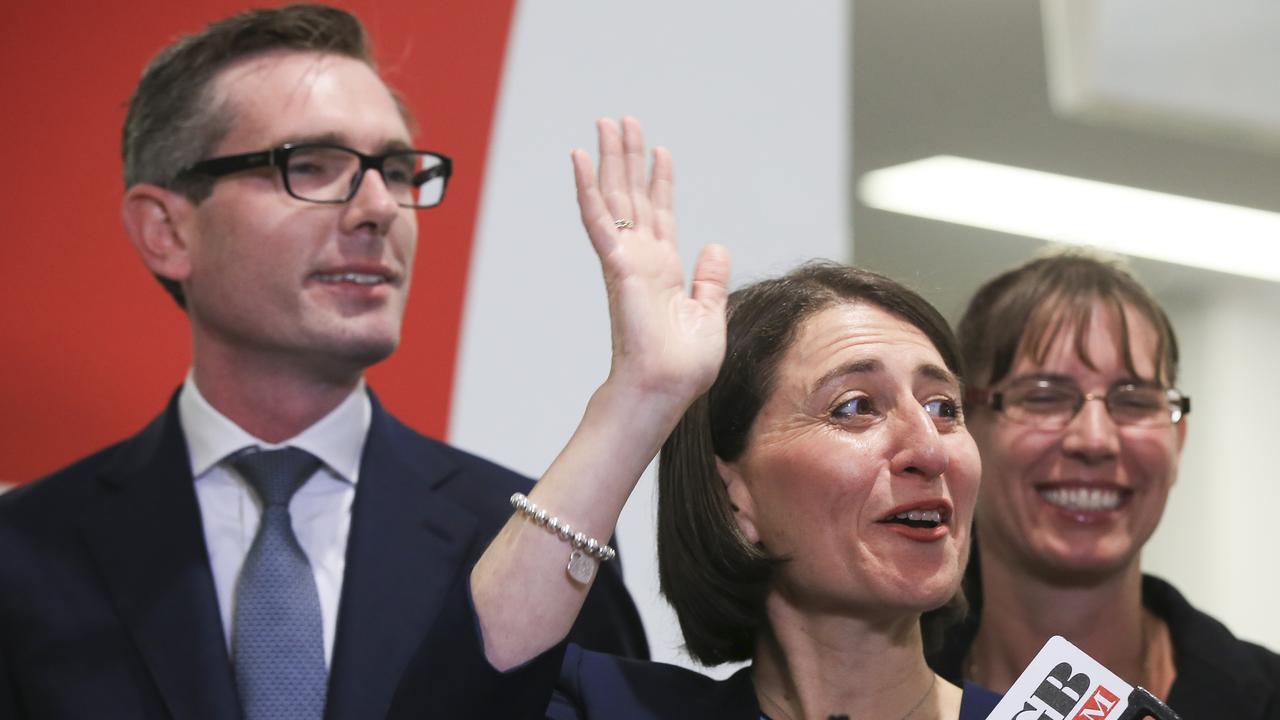Put simply Malcolm Turnbull has addressed the nation today and said “game on.”
The Prime Minister has delivered an ultimatum to Labor and the Senate crossbenchers – pass two crucial bills designed to tackled union corruption or face a double dissolution election.
Many will seek to interpret this as a mechanism to bring forward the election and dramatically reshape the character of the Senate. But that only comes to fruition if the Senate again rejects these two perfectly reasonable pieces of legislation.
The Registered Organisations bill is already a double dissolution trigger, having been rejected twice. All it seeks to do is hold union officials and boards to similar standards of accountability to those imposed on businesses and their commercial boards.
And the bill to reinstitute the Australian Building and Construction Commission is merely an attempt to have greater oversight of this sector where – as we have seen through the royal commission – the powerful construction unions have run rampant, feathering their own nests and adding substantially to costs. The ABCC can do no harm – it can only help.
Labor’s determination to block both these reforms has been unconscionable. It has been my view since late last year that Mr Turnbull should have elevated these issues to the top of his agenda and threatened a double dissolution over them. Indeed, in January I wrote that he seemed to have missed this opportunity.
Well, better late than never. Mr Turnbull and his team have decided to adopt this strategy, albeit a few months later than might have been best - they could have dealt with the Senate changes late last year or early this year and the Registered Organisations bill has been a trigger for months.
This dramatic escalation of the election year timetable was agreed by cabinet this morning. It has also dealt with the confusions and complications that have been the subject of much speculation for weeks; the looming budget and the constitutional requirements for double dissolution timing.
Mr Turnbull has used constitutional powers to have the Governor General, Sir Peter Cosgrove, to recall parliament on April 18, so that there are three weeks available to properly consider both of these bills. The budget is brought forward a week to May 3, so that it can be delivered and the Opposition Leader, Bill Shorten, can have his right of reply two days later, all before a double dissolution is called the following week – if necessary.
So the Prime Minister has confronted any sense of rushing this agenda or forcing the parliament to rush important decisions. He has given them ample time - more than they need, in fact.
This a bold but clear and thoughtful political play. It puts union corruption and reform of the industrial relations system at the very forefront of political debate.
It will either give Mr Turnbull a dramatic victory as Labor, the Greens or self-interested Senate crossbenchers give him a victory on these bills, or it will give him a dramatic double dissolution election on July 2, fought over a strong issue likely to be advantageous for the government.
This will be a titanic debate. Game on.






